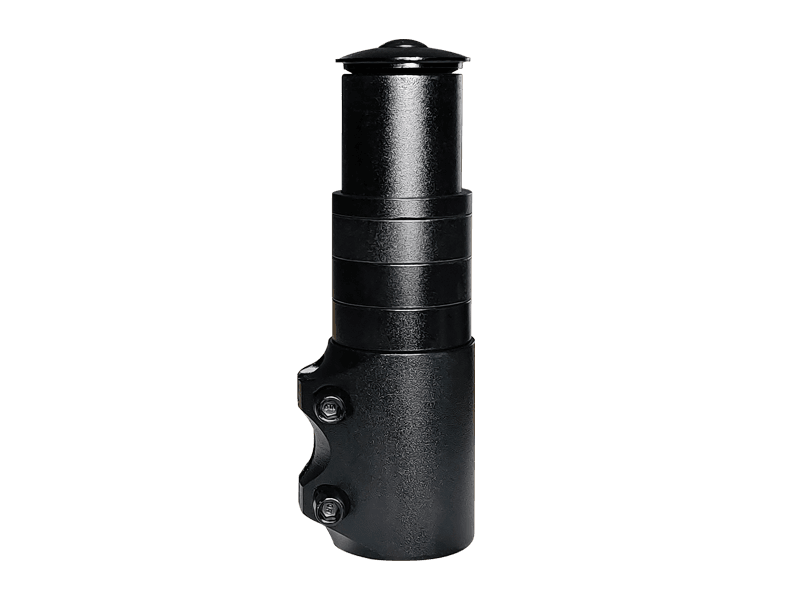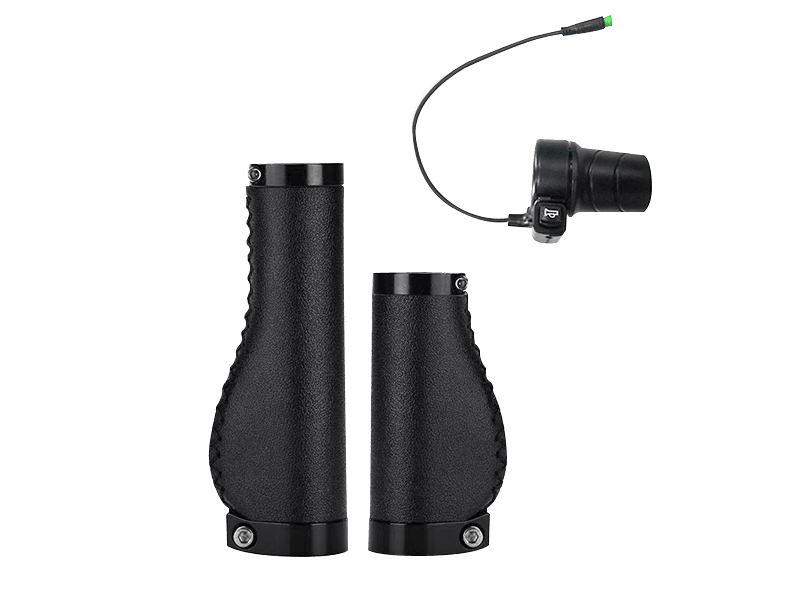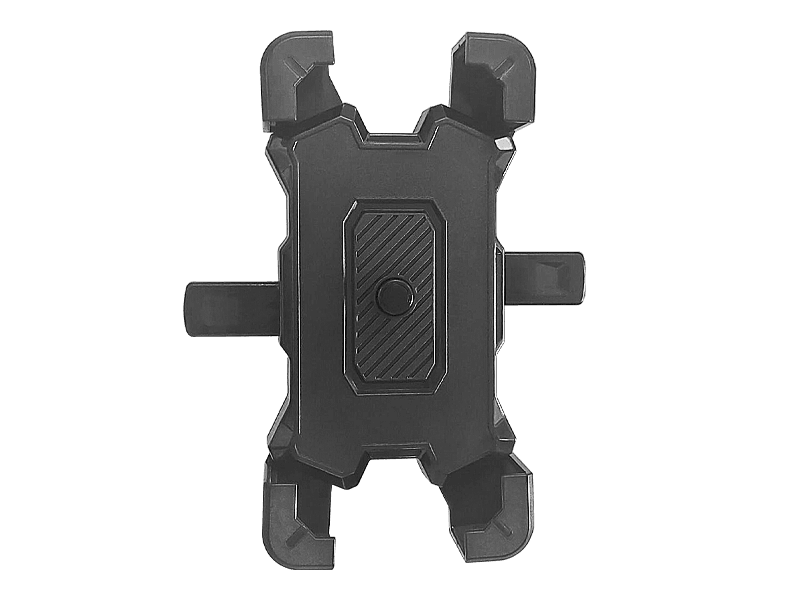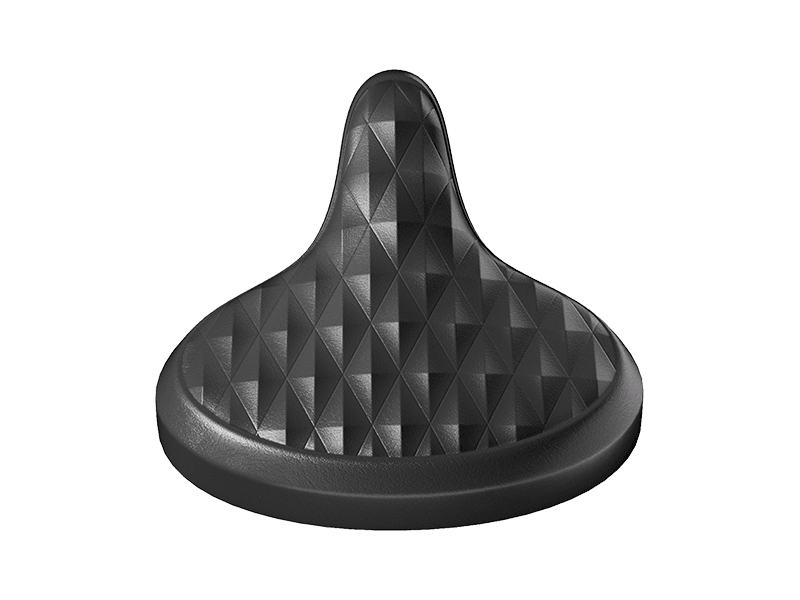Jak zmaksymalizować żywotność baterii EBIKE: porady ekspertów dla jeźdźców
JUN 06, 2025
Akumulator roweru elektrycznego stanowi zazwyczaj około jednej trzeciej jego całkowitej wartości, dlatego jego staranny dobór i prawidłowa konserwacja są kluczowe. W Freesky koncentrujemy się na dostarczaniu wysokiej jakości akumulatorów zaprojektowanych z myślą o długiej żywotności i niezawodnej pracy w zróżnicowanych warunkach jazdy w Europie.
Dlaczego wybór najlepszego akumulatora do roweru elektrycznego ma znaczenie dla użytkowników w UE
Kupując rower elektryczny w Unii Europejskiej, priorytetem jest jakość akumulatora. Polecamy rowery elektryczne wyposażone w wysokiej jakości ogniwa akumulatorowe od wiodących producentów, takich jak: SAMSUNG, Panasonic, Lub LGMarki te słyną z niezawodności, certyfikatów bezpieczeństwa i długiej żywotności.
Freesky'ego Wojownik Pro model ten charakteryzuje się najwyższą jakością Samsung 48V 30Ah akumulator, idealnie dostosowany do zróżnicowanych terenów UE i warunków miejskich. Dla tych, którzy potrzebują większego zasięgu, Alaska Pro model oferuje większy 48V 41Ah akumulator, idealny na dłuższe podróże i dla entuzjastów eMTB.
Wszystkie baterie Freesky są Certyfikat UL 2271, spełniając rygorystyczne globalne normy bezpieczeństwa, powszechnie uznawane na rynku UE. Ten certyfikat gwarantuje, że akumulator spełnia kluczowe kryteria bezpieczeństwa elektrycznego, mechanicznego i środowiskowego, zapewniając Ci prawdziwy spokój ducha.
Uważaj na tanie baterie, popularne w dyskontach – często nie mają one kompleksowych gwarancji ani niezbędnych kontroli jakości. Inwestycja w wysokiej jakości baterię z góry pozwala uniknąć konieczności jej wymiany i potencjalnych zagrożeń dla bezpieczeństwa.
Zrozumienie technologii akumulatorów litowo-jonowych w europejskich rowerach elektrycznych
Prawie wszystkie nowoczesne rowery elektryczne w UE wykorzystują akumulatory litowo-jonowe lub litowo-polimerowe. Chociaż technologia akumulatorów litowych istnieje od 1912 roku, jej popularność w konsumenckich rowerach elektrycznych wzrosła dopiero w ciągu ostatnich 15 lat ze względu na niższe koszty i niezawodność.
Kluczowa różnica między akumulatorami litowo-jonowymi a litowo-polimerowymi tkwi w zastosowanym elektrolicie. Akumulatory litowo-polimerowe oferują niewielki wzrost gęstości energii, ale są o 10-30% droższe. Niezależnie od tego, prawidłowa konserwacja jest najważniejszym czynnikiem wydłużającym żywotność akumulatora.
Niezbędne wskazówki dotyczące konserwacji akumulatora roweru elektrycznego w klimacie europejskim
Przy odpowiedniej pielęgnacji baterie litowo-jonowe zazwyczaj wytrzymują od 3 do 5 latOto trzy kluczowe wskazówki dotyczące konserwacji przeznaczone dla kierowców z UE:
1. Przechowuj baterię w optymalnej temperaturze
Kontrola temperatury ma kluczowe znaczenie dla kondycji akumulatora.
-
Unikaj wystawiania akumulatora na bezpośrednie działanie promieni słonecznych lub ekstremalnych temperatur, np. poprzez pozostawienie go w samochodzie w upalny dzień, ponieważ przyspiesza to degradację akumulatora.
-
Przechowywanie w pełni naładowanego akumulatora w ciepłych warunkach jest szczególnie szkodliwe.
-
Przechowuj akumulator w chłodnym i suchym miejscu, najlepiej poniżej 20°C (68°F).
-
W chłodniejsze europejskie zimy należy unikać ładowania akumulatora w temperaturze poniżej zera, aby zapobiec uszkodzeniu ogniw. Jazda w chłodne dni jest bezpieczna, ale akumulator należy przechowywać w pomieszczeniu, gdy nie jest używany.
-
W czasie mrozów należy spodziewać się pewnej utraty mocy i zasięgu; jest to normalne.
2. Przechowuj akumulator częściowo naładowany
Właściwy poziom naładowania podczas przechowywania może wydłużyć żywotność baterii.
-
Staraj się przechowywać baterie w 40% do 80% naładowania gdy nie jest używany przez dłuższy czas.
-
Jeżeli jest dostępna, należy używać ładowarek z „trybem przechowywania”, aby utrzymać idealne napięcie.
-
Unikaj ciągłego ładowania akumulatora przy pełnej pojemności.
-
Poza sezonem należy co kilka miesięcy sprawdzać stan akumulatora i w razie potrzeby doładowywać go, aby zapobiec jego głębokiemu rozładowaniu.
3. Unikaj regularnych, całkowitych rozładowań
Częste rozładowywanie akumulatora litowo-jonowego do zera jest szkodliwe.
-
Akumulatory litowo-jonowe nie mają efektu pamięci, dlatego zaleca się ich częściowe rozładowanie i częste ładowanie.
-
Całkowite rozładowanie może się zdarzyć sporadycznie, np. podczas długich podróży, i nie powoduje żadnych problemów.
-
W przypadku częstych, krótkich podróży lepszym rozwiązaniem jest ładowanie akumulatora co kilka przejażdżek niż po każdej pojedynczej jeździe. Dzięki temu unikniesz konieczności trzymania akumulatora w pełni naładowanego przez zbyt długi czas.
Dlaczego akumulatory do rowerów elektrycznych Freesky są idealne dla europejskich rowerzystów
Freesky'ego Akumulatory z certyfikatem UL 2271 są zbudowane tak, aby spełniać najwyższe europejskie standardy bezpieczeństwa i trwałości. Wojownik Pro jest wyposażony w najwyższej jakości ogniwa Samsung, oferując niezawodną wydajność dla kierowców terenowych i hybrydowych, podczas gdy Alaska Pro charakteryzuje się dużą pojemnością Akumulator 48 V 41 Ah Zaprojektowane do długotrwałego i intensywnego użytkowania.
Stosując się do tych praktycznych wskazówek dotyczących konserwacji, możesz oczekiwać niezawodnej żywotności akumulatora roweru elektrycznego od 3 do 5 latmaksymalizując przyjemność z jazdy i jednocześnie redukując kosztowne wymiany.














